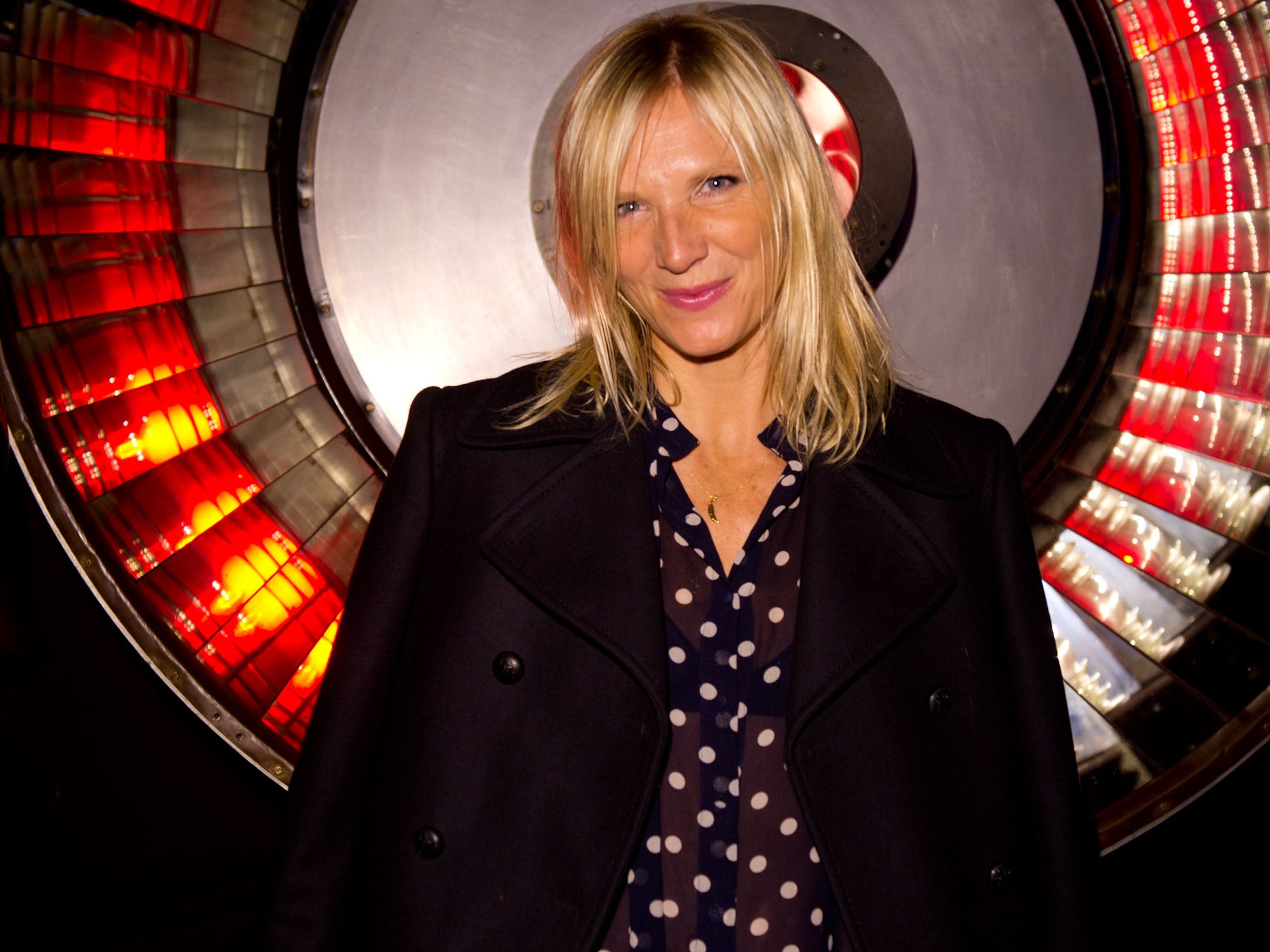Jo Whiley struggled with menopause ‘brain fog’ during Radio 2 show criticism
‘I felt I couldn’t do the Drivetime show with such a lot of pressure and things to remember,’ says the presenter

Jo Whiley has revealed that she struggled with symptoms of menopause while facing criticism over her BBC Radio 2 Drivetime show with Simon Mayo.
The radio DJ told the Daily Mail that she experienced symptoms such as “low self-esteem”, “burning mouth” and “brain fog”, and is undergoing hormone replacement therapy (HRT) to manage them.
She said she became especially worried in 2018 about the mental confusion that often accompanies menopause, when she became the first female presenter on the afternoon show alongside Mr Mayo.
The change was made to add more female presenters to the Radio 2 schedule, but the show was inundated with complaints that the co-presenters were incompatible on air.
Mr Mayo left the show several months later and Ms Whiley was moved back to her previous evening slot. The Drivetime show was taken over by Sara Cox.
Ms Whiley previously described the criticism from listeners as “relentless”, adding: “There was this wall of resistance to me from a very vocal bunch of people. It was hurtful, insulting… every hour of the day.”
Now, she has revealed that the backlash came at a time when she felt “most worried about brain fog”.
“I felt I couldn’t do the Drivetime show with such a lot of pressure and things to remember,” she said. “Until then, I’d thought: ‘I’m absolutely fine. I don’t need HRT.’ But it had got to the point where I was really struggling. I decided to try it.”
The presenter said she felt like “a liability on the radio” due to the brain fog, adding: “It was a very uncomfortable feeling not being in charge of what I was doing, suddenly grappling for words.”
“I’ll be doing fine then it hits me: low self-esteem, low confidence. I don’t feel like myself at all. It’s quite daunting. It happens every couple of months. I don’t want to see anyone. My eyes are really sore. I get a burning mouth and tongue. I really get the wobbles,” she said.
Whiley now uses a mix of HRT, including an oestrogen gel and testosterone cream. She told the newspaper she used to get “terrible migraines and [felt] slightly depressed” before going on the medication.
Menopause takes place when a woman stops having periods, and is a natural part of the ageing process that usually occurs between 45 and 55 years of age.
During this time, oestrogen levels decline and common symptoms women experience include hot flushes, night sweats, difficulty sleeping, problems with memory and concentration, low mood or anxiety, and vaginal dryness.
According to the NHS, symptoms of menopause can begin months or even years before a woman’s periods stop and can last for around four years or more after their last period.
Join our commenting forum
Join thought-provoking conversations, follow other Independent readers and see their replies
Comments
Bookmark popover
Removed from bookmarks